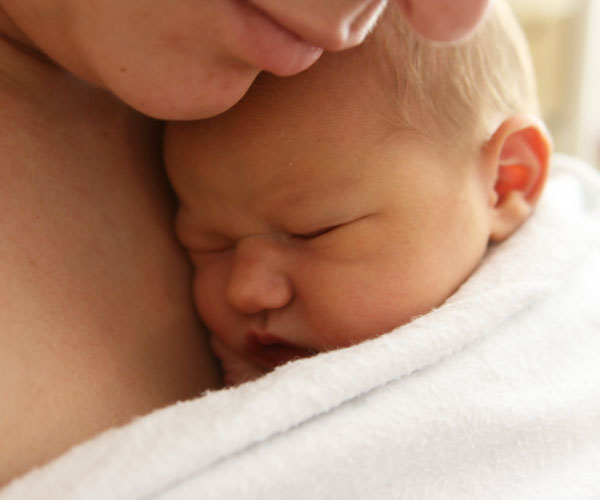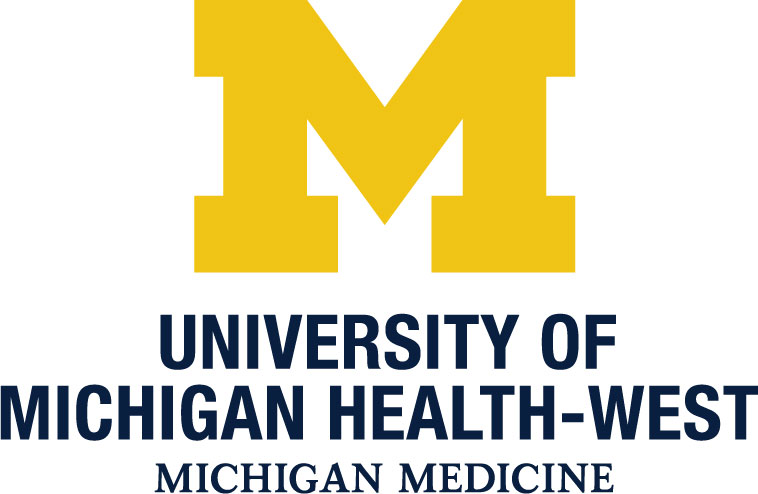A Lot Happens to Your Body the First 24 Hours After you Give Birth
All the prepping in the world cannot completely prepare you for the post-birth experience.
At least, that’s my 2 cents. Many friends gave me the honest truth about what happens to your body after you give birth, but I couldn’t fully realize what they meant until I went through it.
Which will probably be your experience, too.
But while my friends couldn’t completely prepare me, what they told me was still invaluable.

Whenever something new happened to me, I recalled our conversations, “Ohhh. So THAT’S what they meant.”
I got a lot of comfort from having even a little intel on these changes.
If no one had ever told me about the post-birth experience, I probably would have been traumatized.
Crazy things can happen to your body after you give birth!
Those first 24 to 48 hours are going to feel like a whirlwind. Having some idea of what to expect will help you have some peace of mind.
What Does Your Baby Do After Those First Breaths?
We asked University of Michigan Health-West OBGYN Susan Hicks, DO, to describe what typically happens with your baby immediately after birth.
“The first hour after a baby is born is precious,” she says. “The baby is calm and looking up at mom. Those are special moments.”
Dr. Hicks says if the baby is healthy and has a good cry, she usually keeps the cord attached for about a minute so the baby receives extra blood from the placenta.
“Then we clamp the cord and allow a loved one to cut it.
“From there, the baby goes right on mom’s belly. We place warm blankets on top of the baby and make sure mom and baby have skin to skin contact,” shares Dr. Hicks.
She says that skin to skin contact is crucial for bonding and the baby is soothed and calms down almost immediately.
That was my favorite part of the birth process. (It’s probably everyone’s.) I was finally meeting my son or daughter, looking at their face, and feeling their sweet, warm little bodies resting on mine. I had done it – my baby was here!
“I’ve had moms and dads sing to their babies, and we encourage them to touch their baby. We typically like the baby to stay with mom for at least an hour and, during that time, we help her begin breastfeeding,” says Dr. Hicks.
Give A Lot of Recovery Time for C-Sections
The following information about your body’s experience mostly covers vaginal births.
Women who undergo cesarean sections will have a slightly different experience, though many of the same rules will apply – you’ll still undergo body repair, and will experience possible dehydration and a slower pace.
The big thing to keep in mind with a c-section is recovery time.
“It’s one more day in the hospital compared to a vaginal delivery,” says Dr. Hicks.
“Plus two more weeks of recovery at home (6 weeks for vaginal delivery vs. 8 weeks for c-section).”
What Your Body Does After Birth
(If you are squeamish about bodily fluids and functions, you may want to take a seat for item #1.)
1 – You Deliver the Placenta
Something that I don’t recall hearing about when talking with friends about birth was delivering the placenta.
Within about 30 minutes or so after delivering your baby, you also have to deliver the placenta.
“It usually comes out spontaneously,” Dr. Hicks explains.
“But if it doesn’t, we warn moms that the process of getting it to disengage can be uncomfortable. It requires us to massage the uterus to help it contract and shrink.”
I’ve been there. It’s not super uncomfortable, but frankly, it’s an annoying side effect. Here you are just wanting to hold your baby, and the docs need you to do more physical work!
Thankfully, it doesn’t take long and of course, is an important thing to do.
2 – Medical Staff Does Damage Assessment
Every body gives birth differently. Some of us deliver vaginally while others have cesarean section.
We all know that a c-section requires stitches and takes a long time to heal.
But did you know that a vaginal delivery often causes injury to the body?
“We look for areas of lacerations or abrasions. A majority of women need to have some kind of repair.
“We use a degree scale of 1-4 with 4 being the highest degree of damage. Most women have second degree lacerations,” explains Dr. Hicks.
Dissolvable stitches are used to repair tears, and they go away in four to six weeks.
3 – Beware the Shower – You may be Dizzy and/or Dehydrated
After all that pushing, sweating and hard work, you may want to jump in the shower—but beware.
“You’ve just changed your physiology,” Dr. Hicks points out.
“You’ve given birth and lost about three to four times the amount of blood you lose during a normal period. You are probably dehydrated, exhausted and may feel lightheaded.”
Dr. Hicks recommends taking it slowly when getting in the shower, and make sure someone is there to assist you.
Other Body Changes in the Weeks After Birth
When your body changes like this, you may wonder if your body will ever be the same down there. It will. But it will take time.
For months after birth, whenever I used the bathroom I had this subconscious awareness of my stitches. Even though my body was healed, the incident was still on my mind.
It’s normal to feel a little squeamish about your vaginal healing process. If you’re like me, you’ll eventually get over it. Just don’t be hard on yourself.
Here are the big things that surprise women about their bodies after their first birth:
1 – You’ll Still Have a Noticeable Baby Bump for a few Weeks
Don’t expect your baby belly to disappear right away, or even in the first few days.
It will take about two weeks for your uterus to contract back down to its normal size.
The good news for women who can breastfeed – breastfeeding helps the process.
2 – It’ll Feel Like an Endless Menstrual Cycle (And Other Exciting Things)
While your uterus is contracting, your body will continue to get rid of leftover blood, mucus and tissue for the next four to eight weeks.
No, it’s not pleasant, but it’s completely normal. Prep yourself for having a “period” for the next couple of months.
3 – Constipation is REAL
The pain of constipation is real, and very common post-birth.
“A lot of women get very worried about having their first bowel movement post-birth because they think they’ll tear their stitches. I assure them going to the bathroom will not tear the stitches out,” Dr. Hicks asserts.
So, eat your fiber, ladies!
And drink water. New moms get very busy and distracted with their baby and forget things like drinking water throughout the day. Take it from me – this is a really bad idea. Keep hydrating as much as you can.
4 – Breastfeeding can be Quite Painful at First
If you’re breastfeeding, expect your breasts to feel sore during and after feeding the first few days.
That skin has a lot of toughening up to do, especially if your baby is suckling for 30-45 minutes at a time.
On a personal note, beware the breast pump. I tried that soon after birth (to test it out) and it was on the highest setting and WOWZA!
I about jumped out of the hospital bed in pain. Start that thing on the lowest level, and know that your breasts need time to acclimate to this new job of feeding your baby.
Also, remember your breast milk won’t come in for about three days, but as a BONUS, your colostrum is available immediately, AND it has 10 times the calories of milk.
This is great for your brand new baby.
If breastfeeding continues to be painful after the first few days, contact a lactation consultant. Breastfeeding should not be painful once your body has acclimated.
Finally, Ask Questions and Ask for Help
The professionals at University of Michigan Health-West Childbirth Center are passionate about providing a better childbirth experience for moms and their families.
UM Health-West’s physicians, nurses and specialists provide expert care and personalized attention in a relaxing setting.
You can find lactation support, post-partum resources and more. For more information visit their Childbirth Resources page.
University of Michigan Health – West
Multiple locations across West Michigan.
(800) 968-0051

Up Next
I Almost Stopped Having More Kids After I Tried to Potty Train my First Potty training my first child brought me to my knees. I had survived breast feeding struggles,…
When I began to have pain during intercourse, I thought it was just something I’d have to bear.
But doctors say there IS help for these awkward female body issues…
The Baby Years are Just one Phase of Sleep Problems for Many Kids You survive the agonizing, endless years of a baby not sleeping well only to be faced with…
Expectant moms don’t fit into a box – we are all different, with different plans and hopes for our new baby. But we all share one thing in common: We…
Worrying about pain during labor and things that can go wrong is normal. We investigated common birth fears and learned that they actually happen very rarely.
If You Don’t Feel Yourself, You Could have Postpartum Depression Depression, especially when it’s affected by pregnancy, can be so insidious. It creeps in and you just brush it off…

